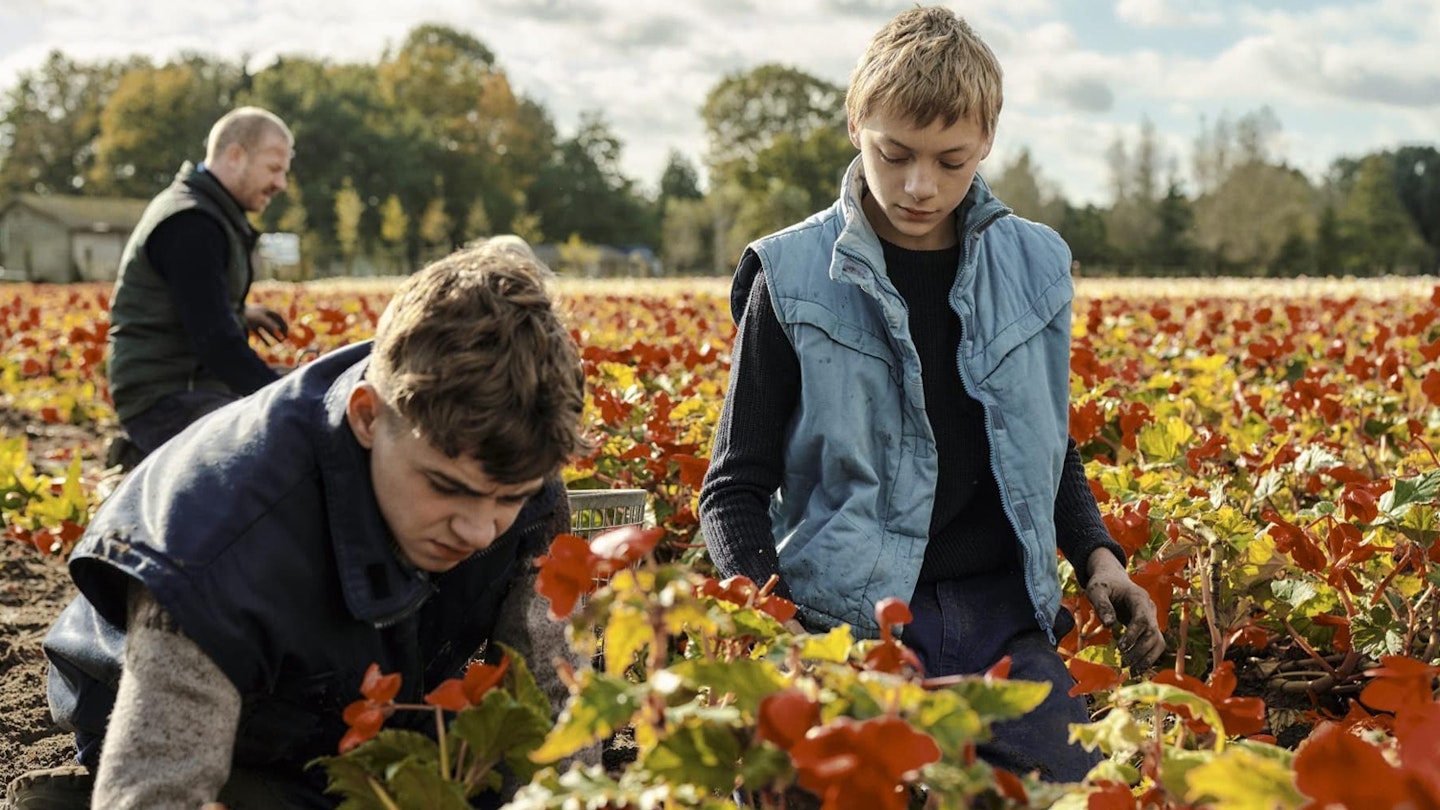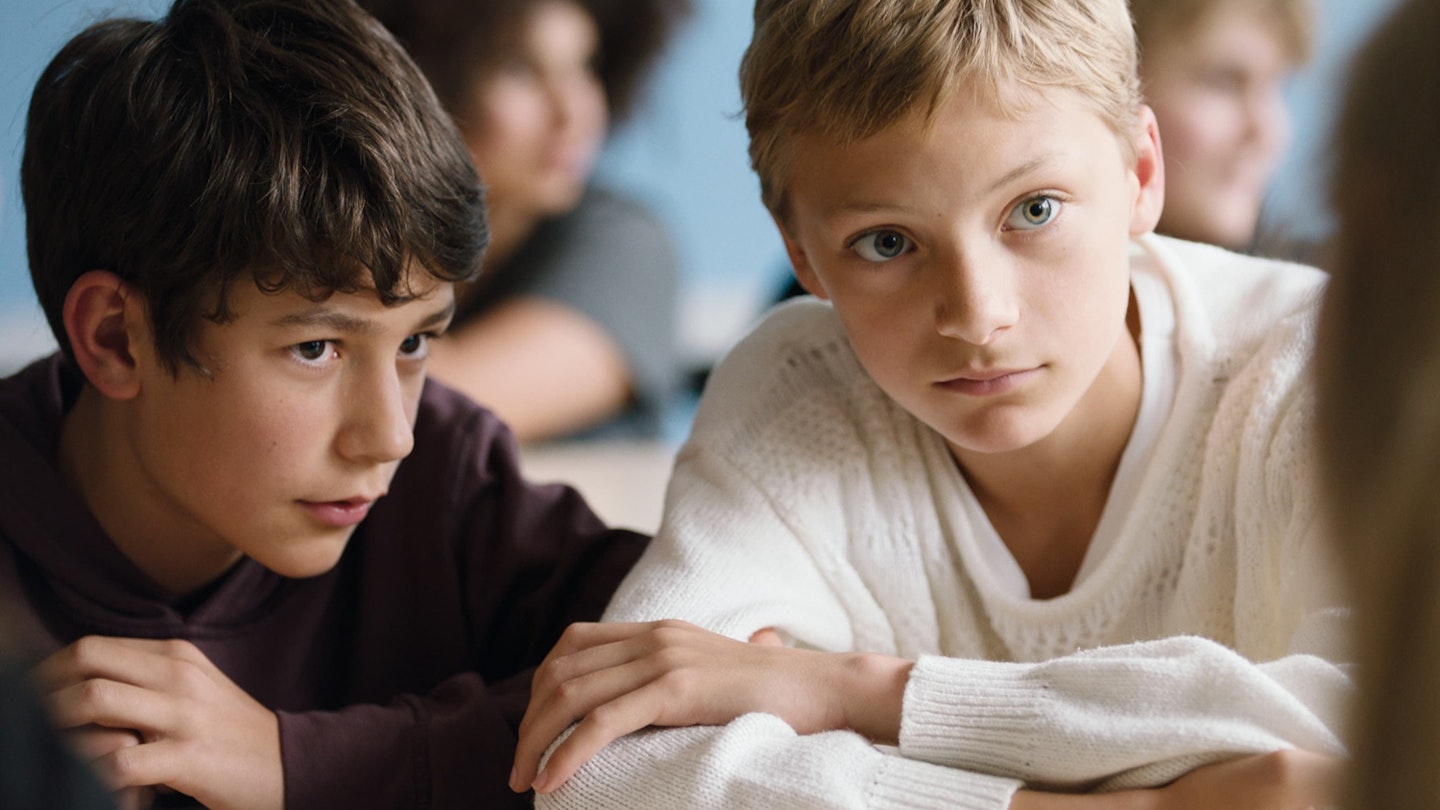The pain and vulnerability of coming of age is framed with life-shattering repercussions in Lukas Dhont’s Close, a portrait of two 13-year-old boys' intense friendship and the huge impact of their growing apart after they experience homophobia from their peers. His young performers are heartbreaking and revelatory in their sadness – it’s hard to broadcast such deep emotion without losing an ounce of credibility.

Dhont has always been fascinated with the wars we wage within ourselves, ever since his controversial but striking 2018 debut feature Girl (about a transgender teenage girl aspiring to be a ballerina). Yet he somehow finds a lightness in Close, as his boys run through fields of flowers and look for the light in every day, even when their worlds have been plunged into darkness.
What makes Close shimmer is the beauty it finds in such a harrowing story.
Eden Dambrine plays Leo with wondrous innocence, while Gustav De Waele’s performance as his best friend Rémi is full of pain and tenderness. Dhont avoids gratuitous violence on screen, instead trusting his audience to read between the lines and share compassion with characters living through grief that’s all too familiar, even if you’re not a 13-year-old boy.
What makes Close shimmer is the beauty it finds in such a harrowing story. It's there in the visual language of crisp white shirts, poppy-red bedrooms and butter-yellow sunshine; in the everlasting bonds between mothers and sons and the all-too-rare moments of fragility we glimpse from fathers. It calls to mind Charlotte Wells’ miraculous Aftersun in some moments — both films feature characters with plaster casts, which seem to act as the only ciphers for the interior broken parts of these young men, beautiful examples of show-don’t-tell sensitivity.
In that acceptance of weakness as a positive thing, there somehow remains hope that wounds can heal, with time. Some might shy away from discussing such enormous mental strain when it comes to teenagers, but films like Close offer what feels like a lifeline – something to be studied and cherished.
